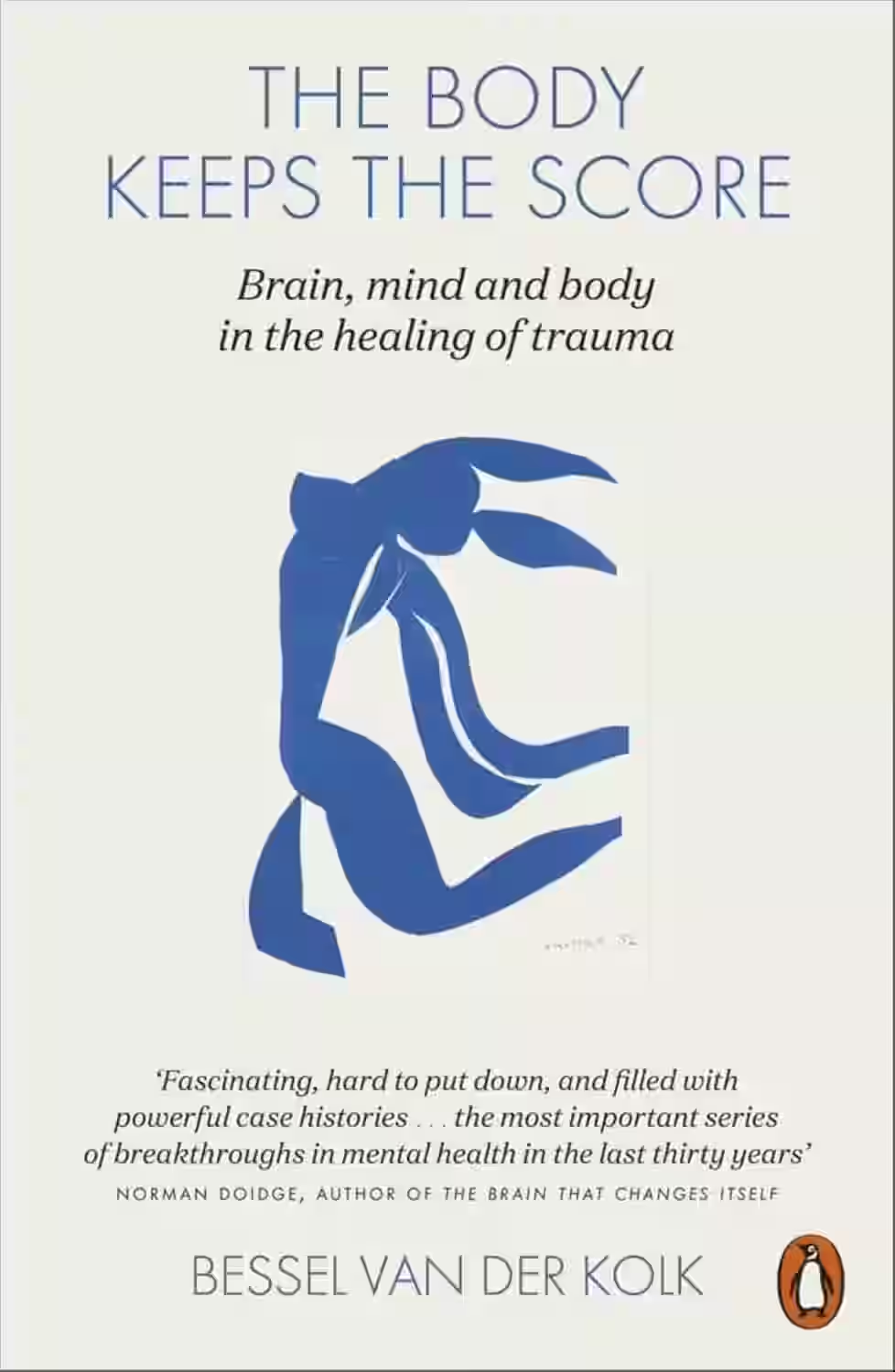
In 'The Body Keeps the Score,' Bessel van der Kolk delves into the complex world of trauma and its long-lasting effects on the brain, mind, and body. Drawing upon his extensive experience as a psychiatrist, van der Kolk elucidates the intricate ways in which trauma manifests itself and explores innovative therapeutic approaches to aid in the healing process. Through poignant anecdotes and scientific research, the author highlights the significance of understanding trauma not just as a psychological issue but also as a physiological one. This groundbreaking book sheds light on the resilience of the human spirit and offers a profound insight into the interconnectedness of body and mind in processing trauma.
About Bessel van der Kolk
Bessel van der Kolk, a world-renowned psychiatrist and author, is a leading voice in the study of trauma and its impact on the mind and body. Born in the Netherlands, he has dedicated his career to understanding and treating post-traumatic stress disorder (PTSD) and other psychological disorders. Van der Kolk's groundbreaking work, 'The Body Keeps the Score,' has become a seminal text in the field of trauma therapy, offering profound insights into the ways in which trauma manifests in the body and mind. Through his research, writing, and clinical practice, he has revolutionized the treatment of trauma and has profoundly influenced the fields of psychology and psychiatry.
Similar Books
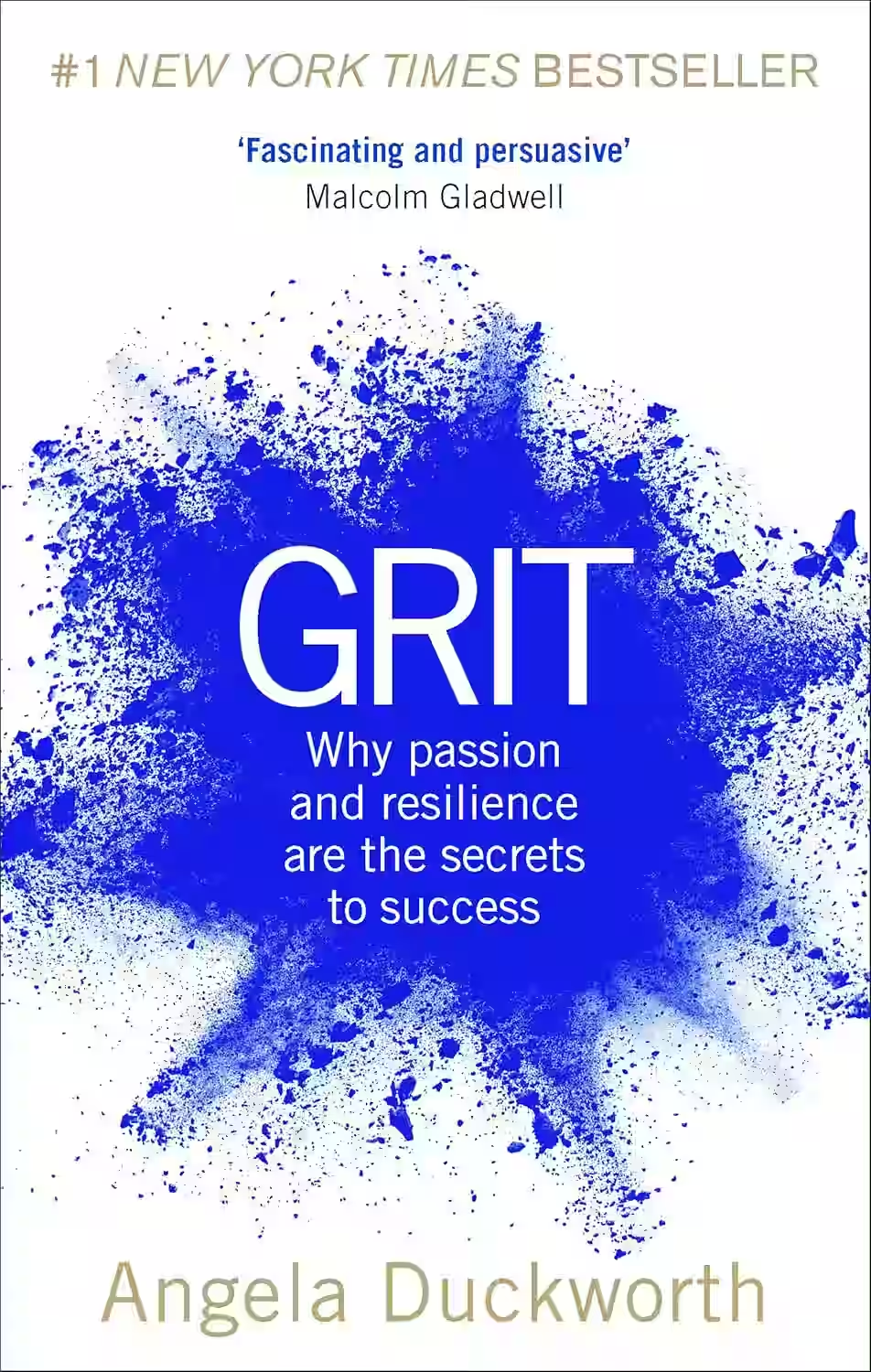
Grit
In Grit, psychologist Angela Duckworth explores why talent alone doesn’t predict success—grit does. Based on her research, Duckworth argues that sustained passion and persistent effort matter more than innate ability. She shares stories of high achievers from diverse fields, showing how resilience, long-term focus, and consistent hard work lead to exceptional outcomes. The book combines personal anecdotes, scientific studies, and practical strategies to help readers develop grit in their own lives. Duckworth’s insights challenge the myth of overnight success and inspire readers to pursue their goals with tenacity, regardless of obstacles or setbacks.
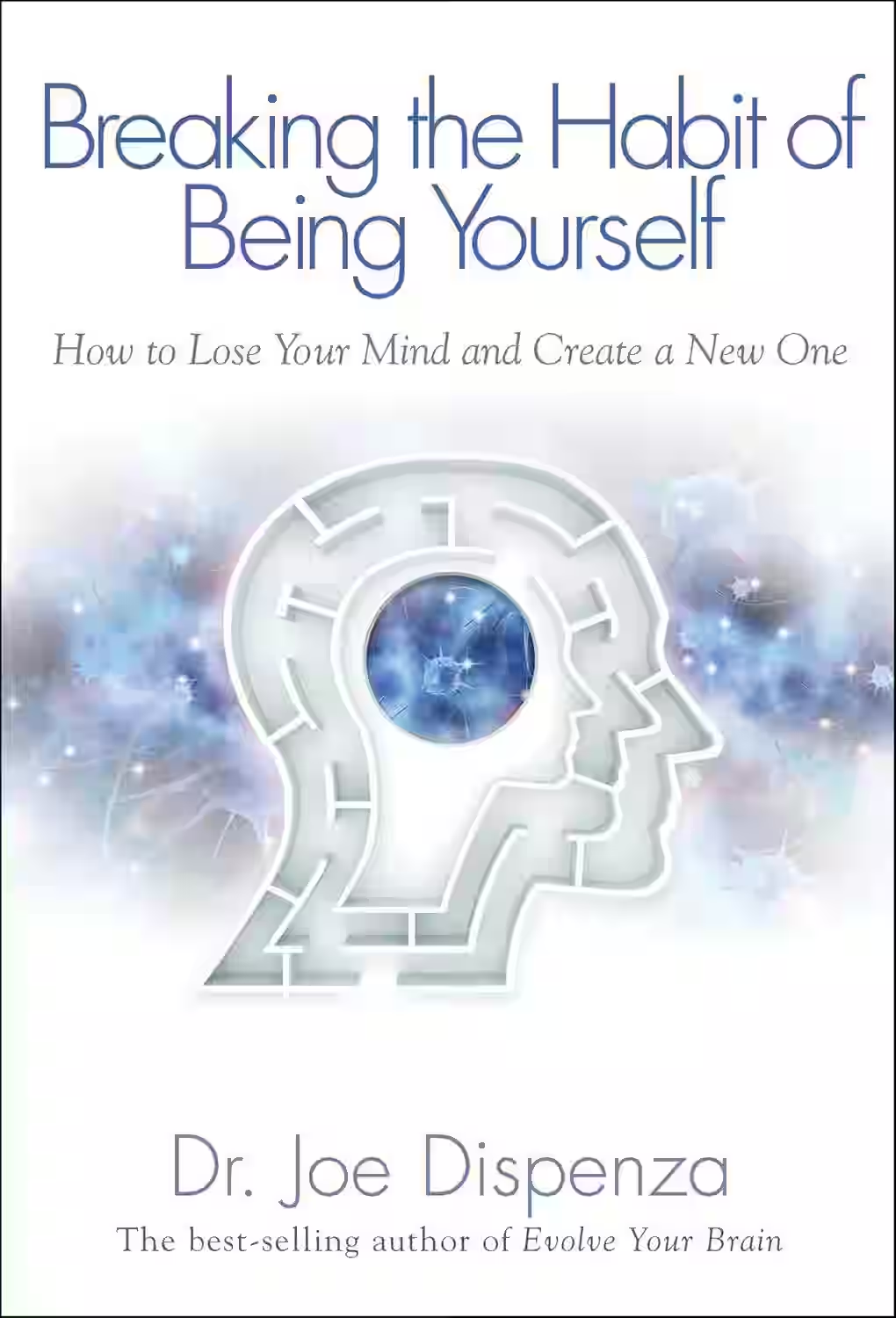
Breaking the Habit of Being Yourself
by Joe Dispenza
Dr. Joe Dispenza’s Breaking the Habit of Being Yourself combines neuroscience, quantum physics, and psychology to teach readers how to reprogram their minds. The book argues that thoughts shape reality and that changing habitual thinking patterns can lead to personal transformation. With meditation techniques and cognitive strategies, Dispenza outlines how to shift from unconscious living to deliberate creation. It appeals to readers interested in self-healing, manifestation, and aligning their mindset with desired outcomes.
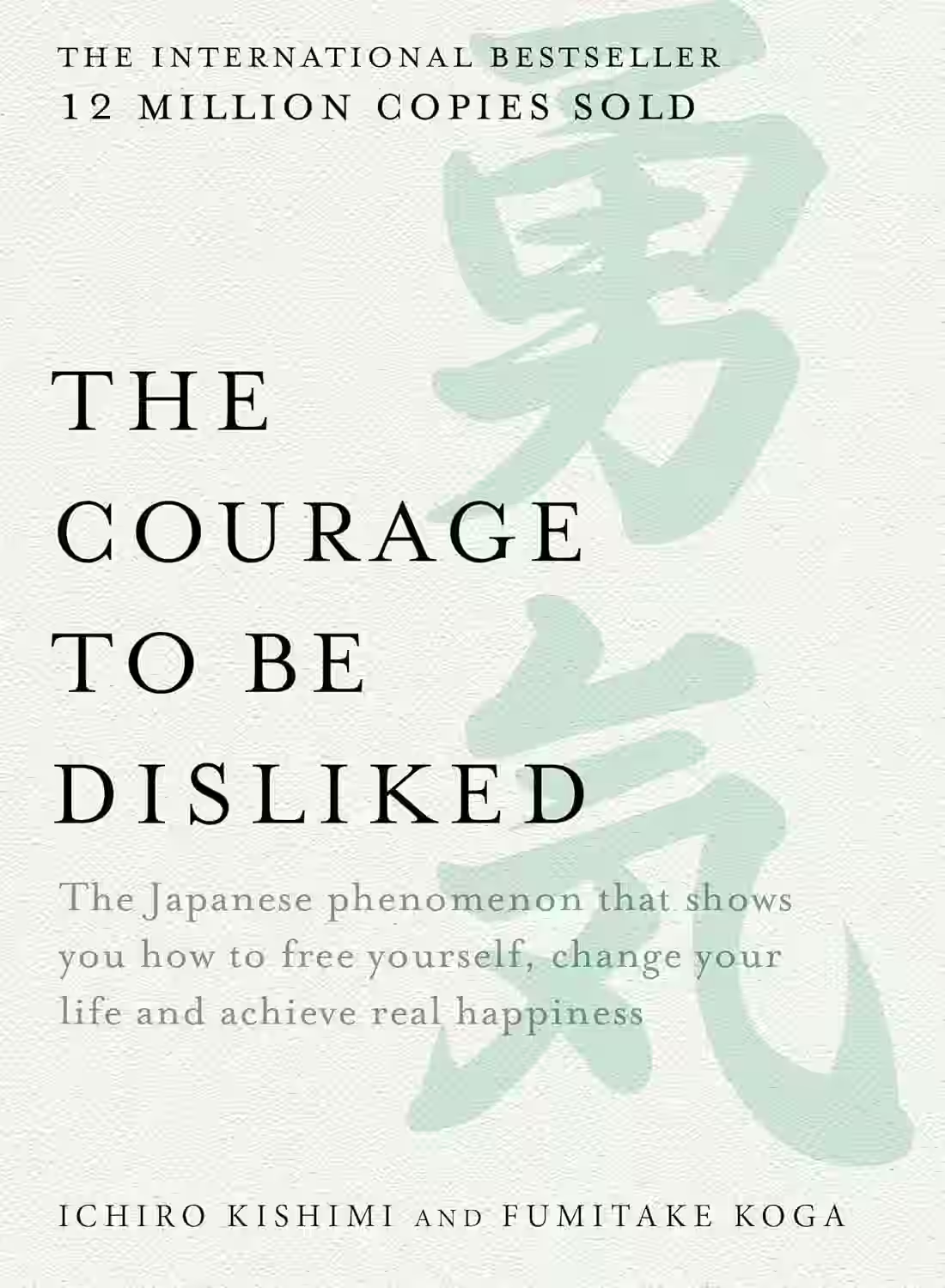
The Courage To Be Disliked
by Ichiro Kishimi, Fumitake Koga
This bestselling Japanese philosophy book presents a dialogue between a philosopher and a young man, exploring ideas based on Alfred Adler's psychology. It argues that happiness lies in the courage to be true to oneself and to reject the need for approval from others. Through a Socratic conversation, it challenges readers to let go of past trauma, take personal responsibility, and live with freedom. The book encourages breaking free from societal expectations and embracing a more purposeful, self-directed life.
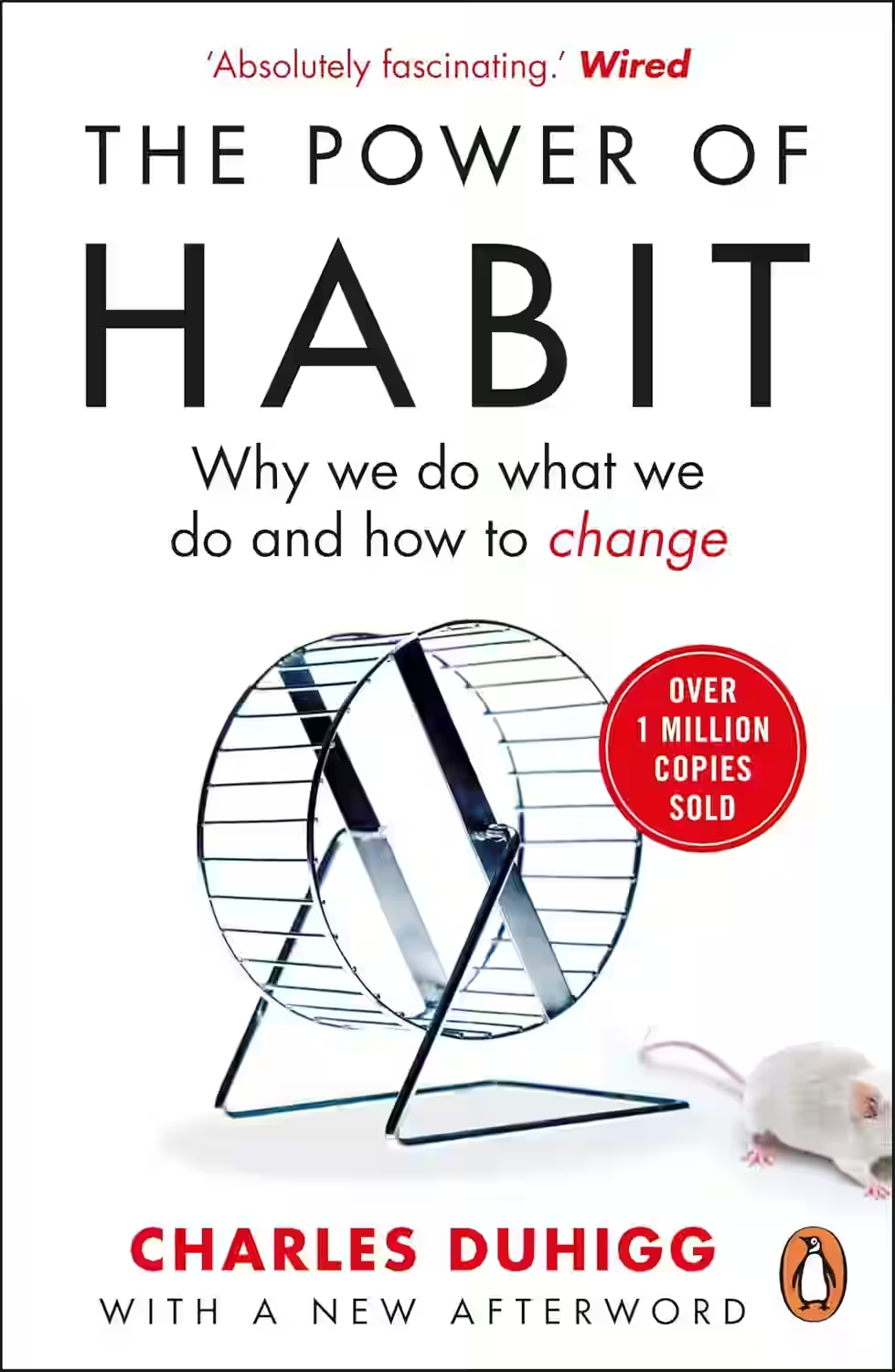
The Power of Habit: Why We Do What We Do in Life and Business
In 'The Power of Habit: Why We Do What We Do in Life and Business,' author Charles Duhigg delves into the science of habit formation and how habits impact nearly every aspect of our lives. Through insightful anecdotes and research, Duhigg explores how habits operate within individuals, organizations, and societies, shedding light on how they can be transformed to achieve personal and professional success. The book offers practical strategies for changing habits, emphasizing the importance of identifying cues, routines, and rewards to bring about lasting behavior change. With its engaging narrative and actionable advice, 'The Power of Habit' is a compelling read for anyone looking to understand the psychology behind their actions.